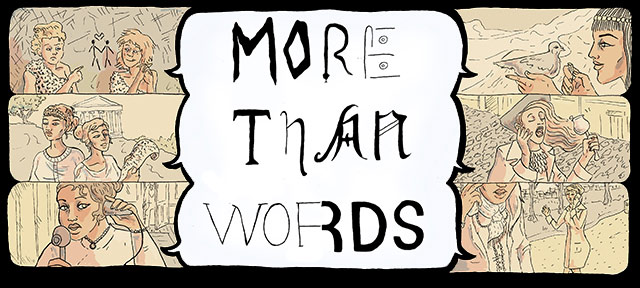
Gallup, Inc. was founded by George Gallup in 1935. Gallup was basically the Nate Silver of his time — he came up with a more accurate way to gauge public opinion, and used it to get a nationally representative slice of answers to nationally important questions. After Gallup, Inc. called FDR’s 1936 victory over Alf Landon (a victory that surprised everyone else, including the reputable pollsters at Literary Digest), the company gained wide recognition. Since then, they’ve been completing 1000 interviews per day to keep up with their two main surveys — one on health and well-being, and the second on politics and the economy.
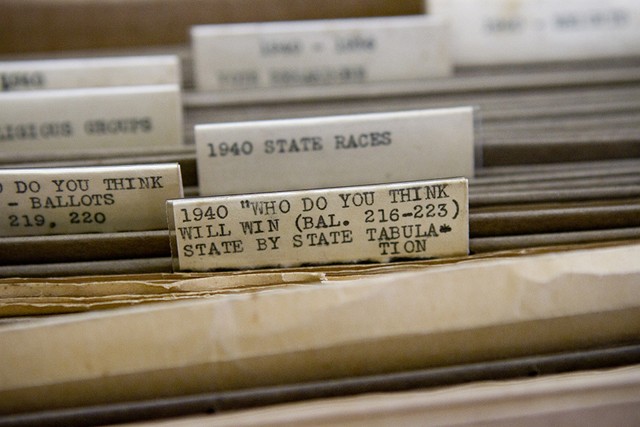
Gallup makes its money by consulting for businesses, but it makes its name via these surveys. The polls “aim to represent the opinions of a sample of people representing the same opinions that would be obtained if it were possible to interview everyone in a given country” — so basically, Gallup’s so good at random sampling that they can accurately extrapolate the whole country’s opinions based on answers from 1,000 people. They do this through a “proportionate, stratified sample design” that once meant visiting random households all over the US, but now involves random-digit-dialing to landlines and cell phones, and a post-survey process where they weight respondents so that they match up demographically with the US Census.
The company refuses to do work for special interest groups or political parties. Their only allegiance is to accuracy — they don’t gain anything from trying to influence results. That’s one reason I was so fascinated to come across this memory of Kristen Smith’s, from the letters-to-the-editor section of the March 31st issue of the New Yorker:
“In 1937, Gallup’s pollsters began asking a question they have asked, in one form or another, ever since: “Would you vote for a woman for president?”…I will always remember standing in the reference section of my college library in the early nineteen-nineties, working on a paper for a class in public opinion, when I read the first version of this question in the Gallup Poll reports. It read: “Would you vote for a woman for president if she were qualified in every other respect?” I fell into a stunned reverie as I tried to imagine a time when such a question could be asked with a straight face.”
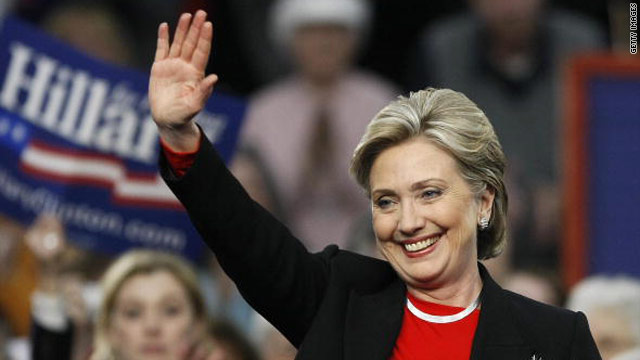
The qualifying-qualification clause was removed in 1940— which means that (presumably) straight-faced pollsters asked it nearly a thousand days in a row! As we’ve talked about before, this is one of those situations where the question, and the way it’s worded, tell us at least as much as any answers could. According to the official Gallup FAQ, “question wording is probably the greatest source of bias and error in the data… writing a clear, unbiased question takes great care and discipline, as well as extensive knowledge about public opinion.” In this case, we learn that from 1937 to 1940, insinuating that women are inherently unqualified to be president was not only an alright thing to do while standing in a stranger’s house, it was actually the best way to get that stranger to answer quickly and accurately. With that in mind, I decided to see how the Gallup Poll has talked about queer people through the ages, using the publicly available Gallup Brain tool. Here are the most interesting questions and trends that I found, in roughly chronological order.
1. THE BEGINNING
Queer people first show up in Gallup Poll #978, which was given for the first time in June 1977 (to set the scene, the first two questions in the poll were about Jimmy Carter and South Korea, the third asked whether the participant drove “an automobile,” and a whole section in the middle is devoted to ranking different religious denominations on a scale of “favorable” to “unfavorable”). Question 9 asks: “As you know, there has been considerable discussion in the news lately regarding the rights of homosexual men and women. In general, do you think homosexuals should or should not have equal rights in terms of job opportunities?” The poll goes on to ask whether or not the respondent thinks homosexuals should be allowed to to be doctors, clergy, salespeople, schoolteachers, or members of the armed forces. This set of questions was asked up until 2005.
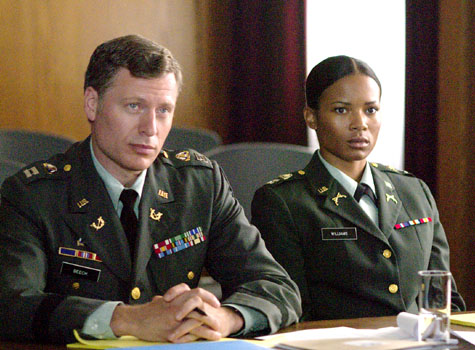
2. THE “HAPPENED TO BE” HEDGE
This is basically the modern version of “qualified in every other respect.” From 1979: “Between now and the time of the conventions in 1980 there will be more discussion about the qualifications of presidential candidates — their education, age, religion, race, and the like. If your party nominated a generally well-qualified man for President and…If he happened to be a homosexual… would you vote for him?” This question was asked again in 2007.
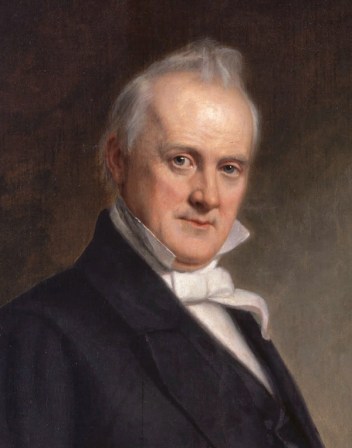
3. WOULD YOU RATHER
Everyone in 1982 was pretty concerned that we weren’t taking good enough care of ourselves: “Compared to non-homosexuals do you feel that homosexuals are more likely or less likely…To be involved in crime? To have problems with drugs? To have problems with alcohol?”
“Compared to non-homosexuals do you feel that homosexuals are more likely or less likely to lead… Happy, well-adjusted lives?”
“Do you feel that, given the choice, most homosexuals would rather be homosexual or that most would rather NOT be homosexual?
4. HAIRCUTS NOT INCLUDED
1985: “Do you feel that homosexuality should be considered as an acceptable alternative life-style or not?”
1986; 1989: “Do you think homosexuality has become an accepted alternative lifestyle, or not?”
In 1999, they split-test this question with an alternative-less alternative — “Do you feel that homosexual behavior should be considered an acceptable lifestyle or not?” — but by 2003 they were back to the original.

5. “I HAVE GAY FRIENDS”
1985: “Do you happen to have any friends or acquaintances who are homosexual?”
1992: “Do you have a friend, relative or co-worker who is openly homosexual?”
2001: “Do you, personally, know anyone who is gay or lesbian?”
2003: “Do you have any friends or relatives or co-workers who have told you, personally, that they are gay or lesbian?”
2012 (FINALLY): “I have one final question we are asking only for statistical purposes. Do you, personally, identify as lesbian, gay, bisexual, or transgender?”
6. SPECIAL SURVEYS
Gallup did a bunch of themed polls for Newsweek. Some highlights:
“Gays in Public Office” (1989) — “Have you heard or read stories about the 1987 incident in which Congressman Barney Frank, an acknowledged homosexual, had a male lover on his personal payroll until he learned the man was running a prostitution service from Frank’s apartment?”
“Controversial Entertainment” (1990) — “Please tell me whether you think each form of entertainment contains too much hostility towards women, homosexuals, Jews or racial groups or is this generally not a problem… Music videos? Rap music? Heavy metal rock music? Stand up comedy?”
“If Women Ran America” (1992) — “Do you personally HOPE that the United States has a woman president in your lifetime?”
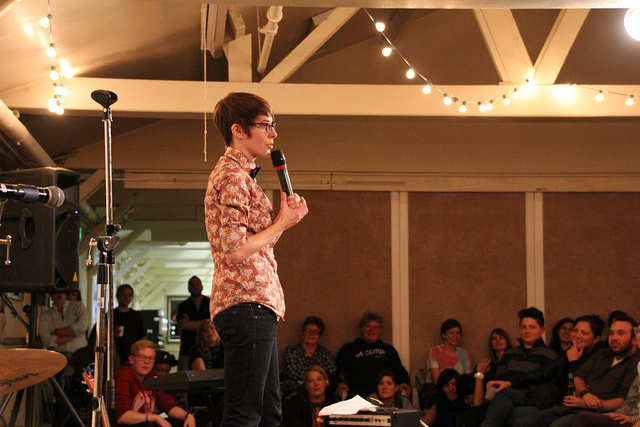
7. SOME SELECT QUESTIONS FROM 1993
“Do you agree or disagree with the following statement: I would prefer that homosexuals stay in the closet, which means that they do not openly reveal their homosexuality.”
“Which comes closer to your view — Homosexual groups are asking only for the SAME rights for homosexuals that other people ALREADY have, or homosexual groups are asking for SPECIAL rights for homosexuals which most other people DO NOT have?”
“Do you think leaders of the homosexual rights movement are pushing too FAST, too SLOW, or going about the right speed in pursuing their goals?”
8. WHERE IS THIS SCHOOL?
1999: “Next, I’m going to read some areas of instruction that high schools might offer. Please say whether you think each one should be required instruction, could be offered as an elective but should not be required, or should not be taught at all. How about…teaching homosexuality as an alternative lifestyle?”
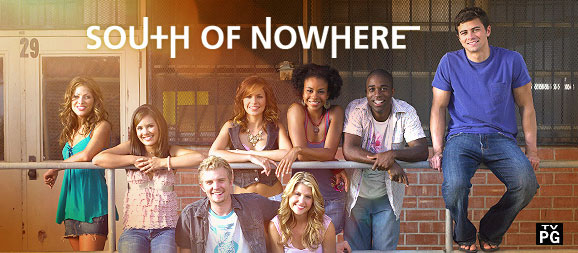
9. THE GET IT OUT OF MY FACE GAUNTLET
1997: “Do you think that network television shows currently contain too many homosexual characters and situations, the right amount or too few?”
1997: “As you may know, in an upcoming episode of the show “Ellen,” the lead character will announce that she is gay. Does the fact that the television character of Ellen will be openly gay on the show bother you or not bother you? Would you say you are pleased about the fact that Ellen will be openly gay on the show, or don’t you care that much?”
2000: “Would you like to see homosexuality be more widely accepted in this nation, less widely accepted, or is the acceptance of homosexuality in this nation today about right?”
2000: “We’d like to know how you would feel about certain types of content in movies. If you happened to go to a movie and it included…Homosexual sexual activity…how offensive, if at all, would you find that — extremely offensive, very offensive, only somewhat offensive, not too offensive, or not offensive at all?”
2003: “Would you approve or disapprove of your newspaper printing announcements of gay and lesbian civil unions the same way they now print announcements of marriages between men and women?”
2006: “Next, I’m going to read a list of various groups of people. If I read the name of a group that you would NOT like to have as neighbors, please say so. How about — Homosexuals?”

10. A LIGHTER SIDE
1969: “Now, on a lighter side…we would like to find out your views about the big cities in the U.S., which now of course includes 50 states. From what you have heard or read, which LARGE city…Has the gayest night-life?”
11. I WISH I KNEW
2012: “Do you think issues concerning gays and lesbians will always divide Americans, or do you think Americans will generally agree on those issues at some point in the future?”
This has been the thirty-fifth installment of More Than Words, where I take queer words of all sorts and smash them apart and see what makes them tick. Every week I dissect a different word, trying to figure out where it came from, how it has evolved, where it might be going, and what it all means. It’s like reading the dictionary through a prism. Feel free to send word suggestions to cara@autostraddle.com.
Header by Rory Midhani







